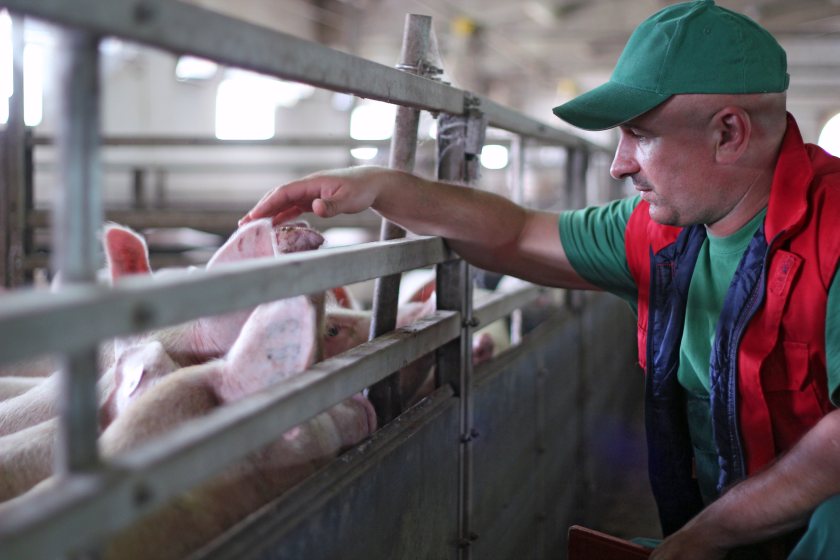'Two-tier' animal health system as NI vet medicines deadline looms

Serious risks to animal and public health are looming in Northern Ireland, peers have warned, as the veterinary medicines grace period — a post-Brexit arrangement allowing continued supply of GB-approved products — approaches its end with no clear government plan in place.
The House of Lords Northern Ireland Scrutiny Committee has written to the Minister for the Constitution and European Union Relations, Nick Thomas-Symonds, urging urgent action before the 31 December deadline.
The warning follows an evidence session with representatives from the Ulster Farmers’ Union, the Animal Health Distributors Association and the British Veterinary Association, who highlighted the scale of disruption Northern Ireland could face if access to essential veterinary medicines is restricted.
Committee chair Lord Carlile said the situation required immediate attention. “With only weeks left before the veterinary medicines grace period ends in Northern Ireland, we urge the government to act with urgency and transparency,” he said.
He warned that the loss of key products could create “a two-tier animal health system”, with Northern Ireland facing reduced choice, higher costs and greater vulnerability to disease.
Witnesses told the committee that around 10% to 15% of the 3,000 veterinary medicines currently licensed for Northern Ireland could be discontinued, including some 20 products that have no suitable alternatives.
Although both the Veterinary Medicines Directorate (VMD) and pharmaceutical companies know which medicines are at risk, stakeholders have not been told, leaving vets, wholesalers and farmers unable to plan.
Key impacts include reduced availability of preventive treatments, limited pack sizes forcing farmers to buy inappropriate quantities, and higher costs for both livestock and pets.
Witnesses also said overprescribing could rise if alternatives are unavailable, increasing the threat of antimicrobial resistance. Concerns were also raised about supply-chain resilience, with only two of the six existing wholesalers expected to continue trading in Northern Ireland after the grace period ends.
Pet owners are likely to lose access to online veterinary pharmacies, all of which operate from Great Britain, adding to the risk of Northern Ireland consumers paying more for fewer options.
Agriculture plays a critical role in Northern Ireland’s economy, worth £8 billion and supplying more than a quarter of the UK’s indigenous food. Peers warned that reduced availability of veterinary medicines could hinder rapid responses during disease outbreaks, with one witness noting that infections “do not honour borders”.
Lord Carlile stressed that the matter stands apart from other Windsor Framework issues. “This issue is unique… as it is a matter of animal welfare, public health, and food security,” he said.
The committee has urged ministers to consider extending the grace period or presenting a credible fallback plan and has requested a response by 11 December.
As the deadline approaches, peers say the government must urgently clarify whether it intends to extend the grace period, introduce temporary mitigation measures, or allow the current arrangements to lapse — a decision that will determine the immediate stability of Northern Ireland’s animal health system.








